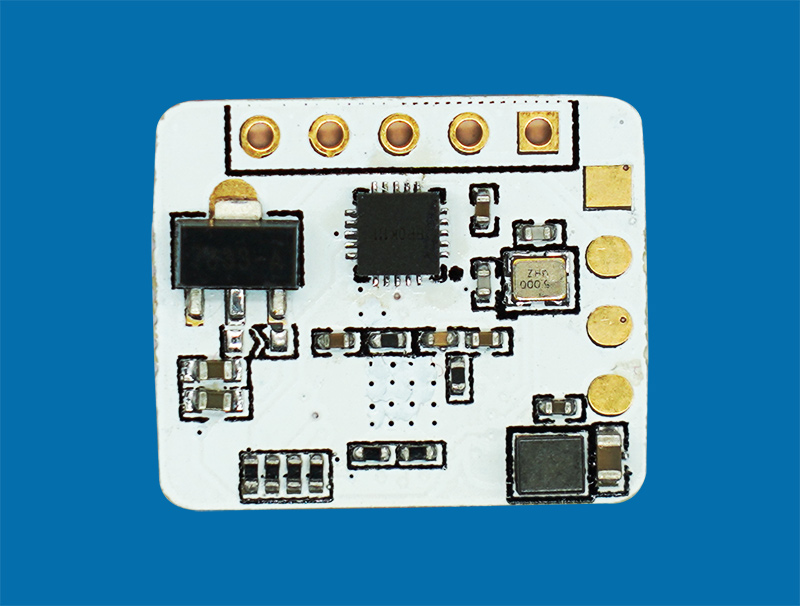The latest human presence sensor released by Mairui Technology detects human behavior status through a combination of microwave radar and infrared sensing technology, and collaborates with energy management systems such as lighting, shading, and air conditioning in buildings to achieve energy-saving control. At the same time, it can collect indoor illumination, with flexible configuration and simple use.

The Dacang human body presence sensor adopts a combination of 24GHz millimeter wave radar live body detection technology and infrared sensors for detection. Compared with infrared sensors that can only detect the movement of living bodies, it can effectively identify the presence of human bodies in micro and static states, and avoid infrared sensing accidental contact. Compared to the human body sensor using a single microwave radar detection technology, it has significantly improved the accuracy of human body recognition and achieved no dead angle detection in the target area.
The human presence sensor is suitable for scenarios such as office buildings, office buildings, parking lots, hotels, etc. It is linked with lighting equipment to significantly reduce lighting energy consumption and save operation and maintenance energy costs.
In scenarios such as public office areas, independent offices, conference rooms, etc., human presence sensors can automatically switch on and off area lights by sensing the presence of no one present. With its precise static human perception ability, it can continuously maintain the lighting requirements for office work in a stationary state without the need for manual personnel switches.
In addition, the human body has a built-in illuminance sensing device that accurately collects illuminance and intelligently recognizes lighting and natural light environments. Under the premise of setting a constant illuminance, the light brightness automatically adjusts according to the changes in natural light brightness, maintaining the unity of the overall brightness, and achieving closed-loop management of lighting control.
Outside of regular office areas, such as corridors, restrooms, warehouses, and other areas where electricity usage is not fixed, lighting demand is only generated when people pass by or briefly stay. The linkage with sensing devices also has a very significant energy-saving effect.
When someone passes through the corridor, there are sensors in the human body that sense human activity and automatically turn on the lighting equipment in the corresponding area. When users stay in the restroom to make up or retrieve items from the warehouse, the static sensing function of the sensor continuously monitors the presence of the human body, maintains lighting, and turns off lighting until the target leaves.
In addition to the lighting system, the human body has sensors that support linkage with the temperature control system. For example, central air conditioning equipment in office building scenarios.
The operating cost of air conditioning is staggering, often accounting for the highest proportion of the company's electricity operation and maintenance expenses, especially during the peak periods of winter and summer electricity consumption. The human presence sensor can automatically switch and control the central air conditioning equipment based on the presence of personnel within the detection range, avoiding ineffective operation of the air conditioning in long-term unmanned conditions and saving electricity expenses.
Sensors, as the most front-end devices in intelligent systems, are related to the effective collection of external environmental information by the system, which largely determines whether users can obtain the expected experience from the intelligent system.
Dacang human body has sensors, which not only occupy a leading position in sensing technology, but also have unparalleled advantages in installation and wiring with its unique power line carrier communication technology. I believe that the Dacang human presence sensor will become an important choice for human body sensing devices in various scenarios such as business, office, school, and hospital. By achieving efficient and intelligent system linkage, we can create a higher quality office experience for users.

